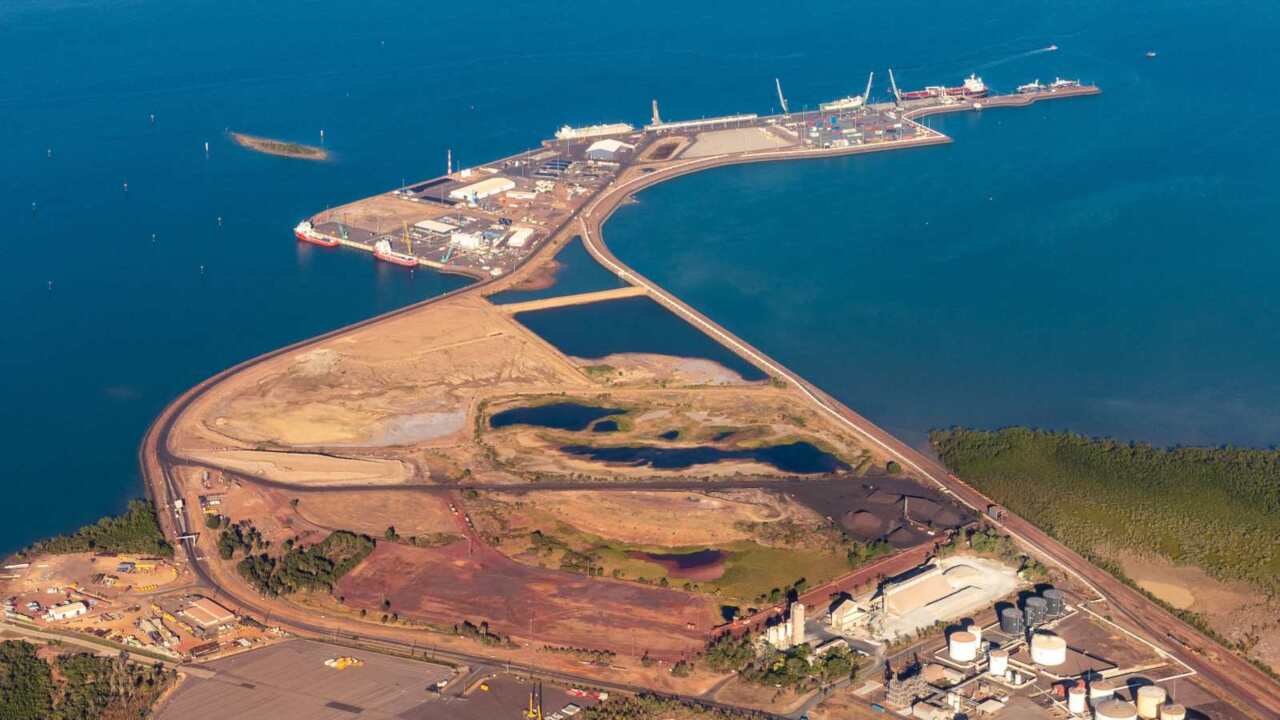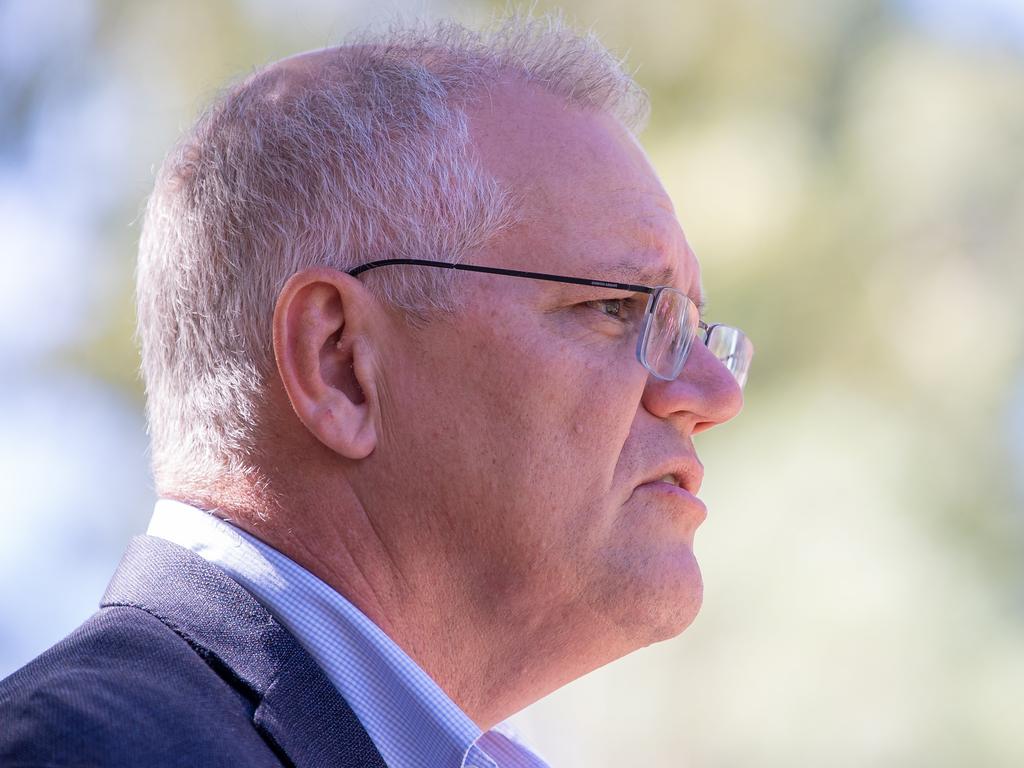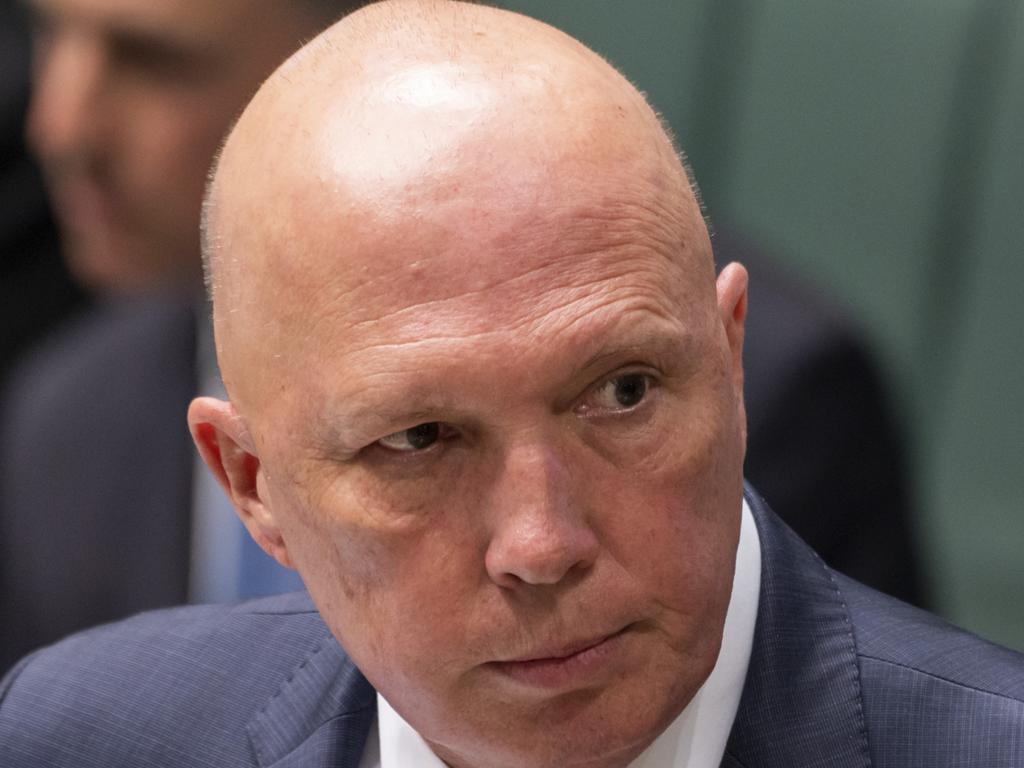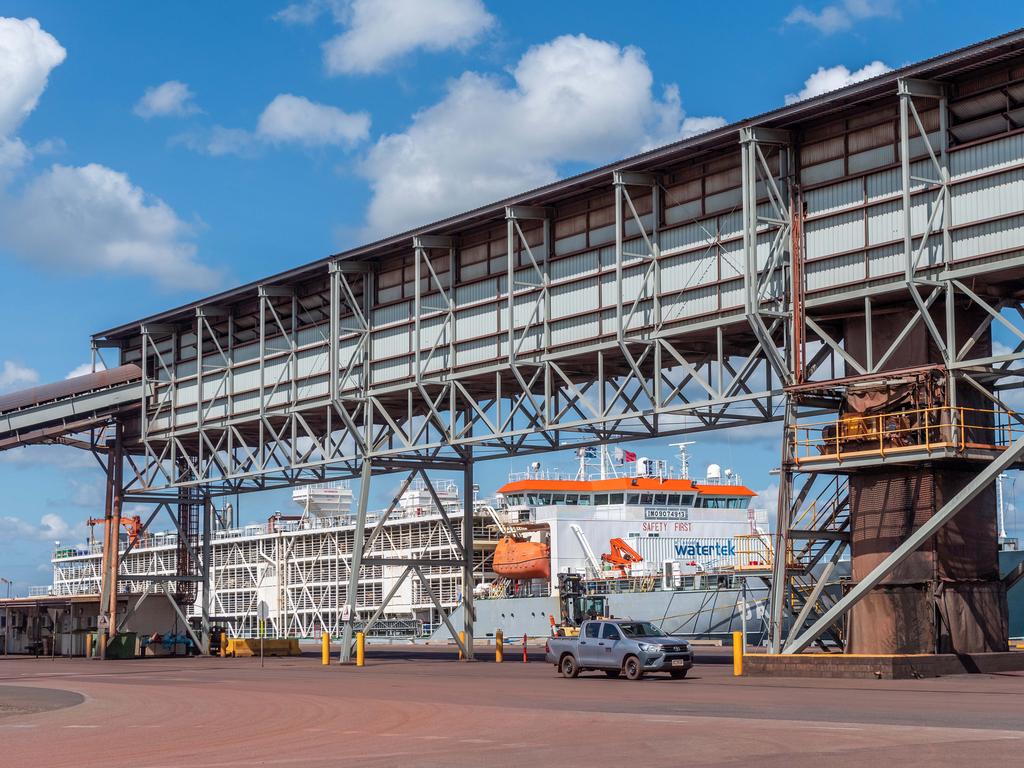Bungled handling of Darwin port lease a fiasco on both sides


The 99-year lease of the port to a Chinese company in 2015 is a prime example of policy stupidity and bureaucratic myopia.
Seven years on, Scott Morrison and Anthony Albanese could choose to end the lease and bring the Port of Darwin back into Australian control. Both failed to say they will, but the case to resume ownership is growing stronger.
China’s advance into Australia’s near region is becoming faster and more blatant. We desperately need to resist this strategic undermining.
How can Australia believably tell our Pacific Island neighbours they should reject Chinese offers of port and airport development when, just a few years ago, there was hardly any piece of critical infrastructure we would not sell to Beijing?
The Prime Minister was correct to say in the debate that a now-closed loophole in Australia’s foreign investment laws meant, in 2015, Canberra did not have the power to prevent the Northern Territory from leasing the port to a foreign company.
The Opposition Leader was equally correct to retort that the real failure was that no one in the federal government or bureaucracy had the wit to see the lease as a strategic problem. With a bit of energy and imagination Canberra could have talked Darwin out of leasing the port to a Chinese company.

Why that opportunity was missed is astonishing. Consider that, in 2015, Beijing was well advanced in annexing the South China Sea, turning a bunch of rocks and shoals into well-fortified air and naval bases.
The Chinese Communist Party was engaged in full-on cyber intellectual property theft and espionage in Australia, which our national security establishment was acutely aware of. It was also increasingly obvious our political parties were being compromised by donations from so-called Chinese mystery businessmen.
Yet with all that happening no one was troubled by the idea of leasing the only significant port in the northern half of Australia to a Chinese company intimately connected to Xi Jinping’s Belt and Road strategy? This was the same port the Japanese saw as a key strategic target in 1942 and was central to our East Timor stabilisation mission in 1999.
What was inexplicable in 2015 is utterly indefensible now, but note that in the debate neither leader was promising to fix the Port of Darwin debacle. It was like watching two scarred and wary tom cats circling each other: lots of yowling but no interest in landing a killer blow.
Albanese could have said the Port of Darwin debacle happened because of the shortsighted behaviour of an NT Country Liberal Party government and a federal Coalition failure to identify and prevent a threat to national security. “Only a Labor government will step in to reverse this stupidity,” Albanese might have said, offering some proof of his party’s apparent commitment to national security.
Labor lacks the courage of its defence convictions. Its claim to bipartisanship is designed more to suppress a conversation than it is to show what it would do to get ahead of Beijing’s strategy.

For his part Morrison had an opportunity given to him by Peter Dutton late last year when the government asked the Defence Department to review its position on the Port of Darwin. That created a moment for Morrison to correct a profound strategic mistake, bring the port back into Australian ownership and rethink Australia’s northern defence needs.
It was an opportunity not taken. When asked about the port in February this year, Morrison said: “I’ve always said that if we receive advice from our defence and intelligence agencies that that is what is necessary to do to protect Australia’s national interest, I will not hesitate. I would not hesitate to do that. But that is not something that has been advised.”
Morrison has never hesitated to overturn Defence advice when it has suited him to do so – consider the French submarine contract or reversing the Chief of the Defence Forces’ decision to remove a meritorious unit citation from the Afghanistan Special Operations Task Group following the Brereton report into alleged war crimes.
On the Port of Darwin, it is regrettable, indeed wilfully negligent given our strategic circumstances, that Defence cannot bring itself to correct its 2015 performance. But the government has an obligation to lead – not just to hide behind flawed bureaucratic advice.
One can only speculate about why the Morrison government decided not to take a decision on bringing the port back into Australian control. It may have hoped that, faced with an offer from the private sector, Chinese company Landbridge would sell a commercial proposition that has not produced a compliant Belt and Road partner.

There has been no successful move on that front, nor will there be if the CCP judges that hanging on to the port obstructs Australian and allied military thinking about the north. Beijing is calling Morrison’s bluff. Our officials undoubtedly would have advised that moving to resume ownership of the port would have been greeted with fresh howls of outrage from Beijing.
The Treasury view is that such a move could worry potential investors, giving rise to a concern of a sovereign risk to their assets. I doubt that because the investors we should attract to Australia come from countries that respect the rule of law and don’t use economic linkages to force political concessions.
One lesson from the past decade is that Chinese foreign investment into Australian critical infrastructure carries risks to investments different from, say, Canadian or Japanese companies. This cuts across Treasury’s ideological disposition to imagine that China acts just like any other country in its economic behaviour. Not so!
Few if any democratic leaders have taken more steps than Malcolm Turnbull and Morrison to resist Beijing’s determined undermining of others’ sovereignty, but Morrison’s instinct is reactive. There is precious little strategy to get ahead of the problem.
For example, we have known for years and in quite precise ways that Beijing wants to establish a military footprint in Pacific Island countries. That could have been countered with a more forward leaning use of the ADF to significantly strengthen our own presence first. Instead, we got cautious incrementalism.
Retaking control of the Port of Darwin this year would have been an enormous help in setting the foundations for what will become, in quite short order, a larger US and ADF presence in the north – forced on us by harsh strategic realities changing our region. Regrettably, neither side of politics is yet prepared to grasp the nettle.







Unexpectedly, the loudest exchange in the leaders’ debate on Sunday night was over the Port of Darwin.